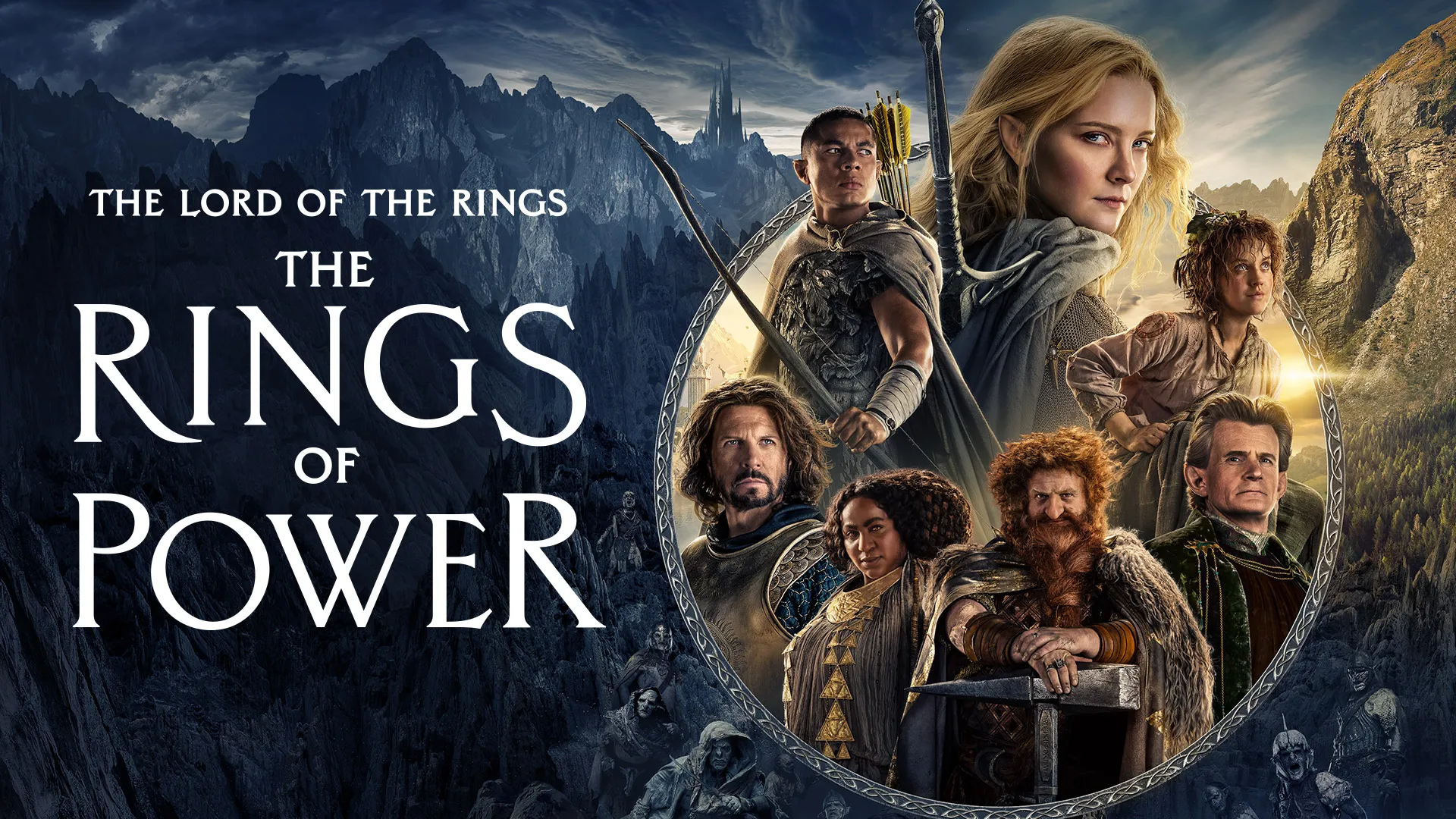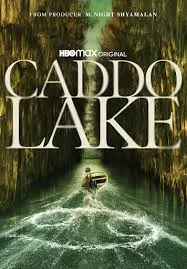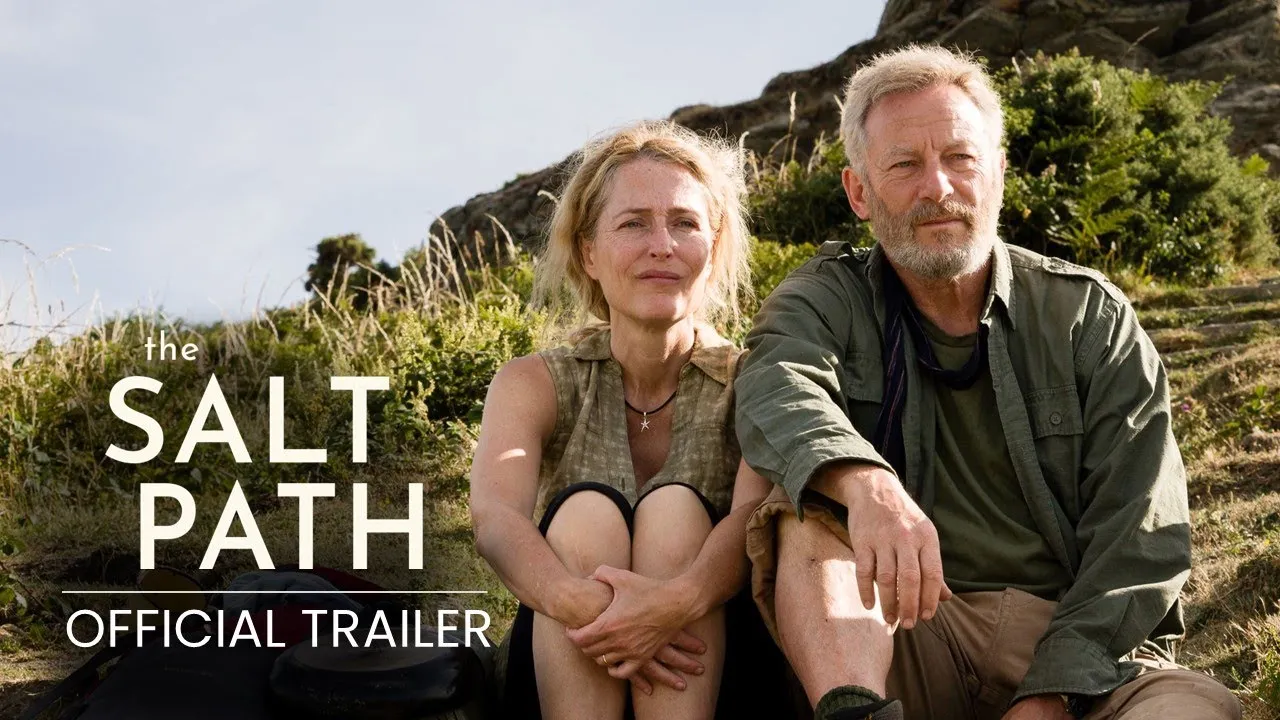The 100 is a science fiction television series that aired from 2014 to 2020 on The CW. Based on the book series by Kass Morgan, the show explores humanity’s struggle for survival in a post-apocalyptic world, and the moral dilemmas that come with it. Set nearly a century after a nuclear apocalypse devastated Earth, the remnants of humanity live on a space station called "The Ark." However, as resources dwindle, the leaders make a bold decision — send 100 juvenile prisoners to Earth to see if it is habitable again.
The story begins with these 100 teenagers being dropped onto Earth, many of whom have never experienced life outside the confines of the space station. Among them are Clarke Griffin, a natural leader and the show's protagonist; Bellamy Blake, a rebellious but brave young man; and Octavia, his fearless younger sister. As they try to adapt and survive in the wild, they quickly discover that Earth is far from uninhabited. Mutated animals, deadly weather, and other human survivors known as the Grounders pose constant threats.

One of the most gripping aspects of The 100 is how it challenges its characters — and viewers — to confront ethical grey areas. The show frequently asks: What would you do to survive? Would you sacrifice a few to save many? Is there such a thing as a “right” choice in a world without rules? These questions arise repeatedly, as characters are forced to make impossible decisions.
Adam, one of the early characters, becomes a tragic symbol of the brutal environment on Earth. After being exposed to toxic gas, he suffers a slow, painful death, which forces Clarke to make her first major moral decision — ending his life mercifully. Charlotte, a young girl, also highlights the psychological impact of trauma on children. Her actions, although born from fear and grief, have devastating consequences that ripple through the group.

As the series progresses, The 100 expands its scope, introducing more factions and civilizations that have evolved since the apocalypse. From the Mountain Men to the AI-driven society of the City of Light, each season dives deeper into the complex dynamics of rebuilding civilization. Political alliances, betrayals, and power struggles dominate much of the narrative, making it both thrilling and thought-provoking.
Visually, the show combines post-apocalyptic landscapes with futuristic technology, creating a unique aesthetic. The wilderness of Earth is both beautiful and dangerous, serving as a constant reminder of nature’s power and unpredictability.

Overall, The 100 is much more than a survival drama. It is a character-driven story that examines leadership, loyalty, identity, and the essence of humanity under extreme conditions. While it has moments of violence and darkness, it also offers hope, resilience, and the belief that humanity can endure, adapt, and evolve — even after the end of the world.



